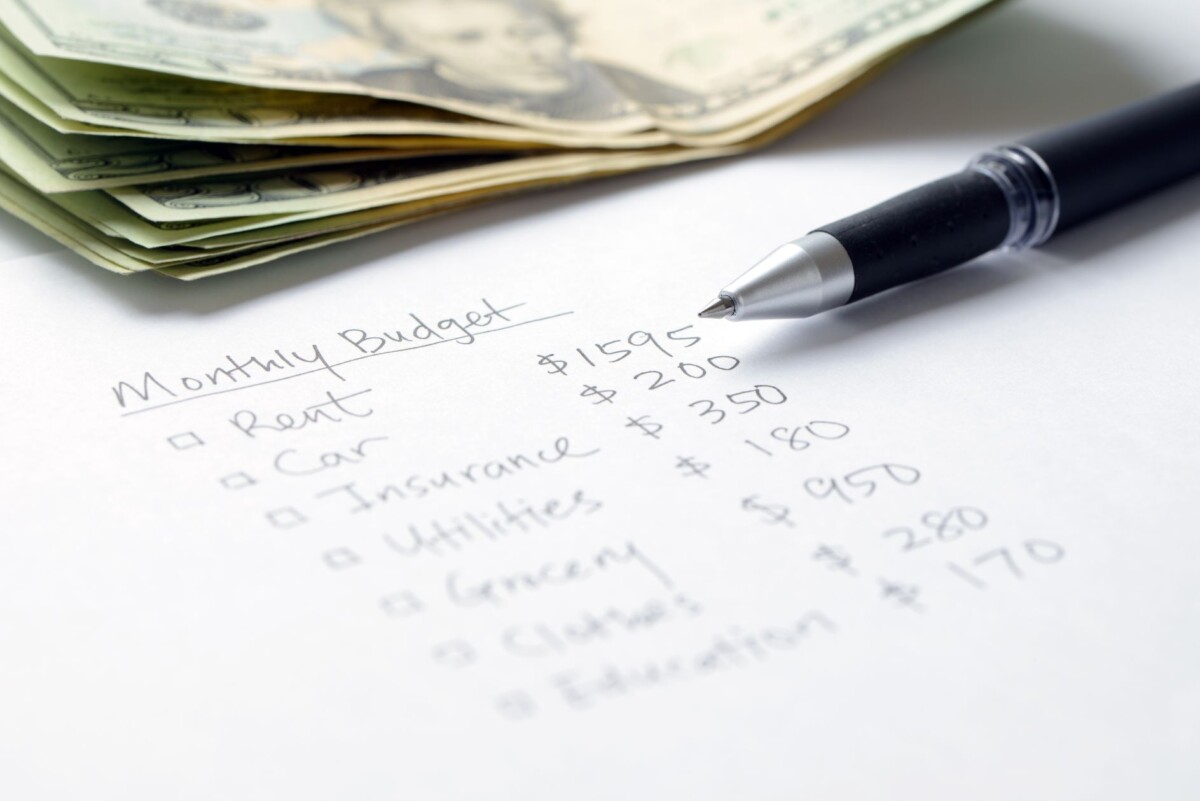Dealing with a divorce is not something that anybody hopes for, yet many have to face this difficult reality at some point in their lives. A divorce can have many negative impacts on a person’s life, not least of which is the significant damage it can to do one’s finances.
Coping with personal financial commitments after a divorce can be one of the most difficult challenges of your life. Rebuilding your life and starting anew is hard enough, but having to do it with limited or no funds is even tougher.
If you have just gone through a divorce (or are planning to via online divorce websites), it is time to re-evaluate your life and to do whatever you can to get back on track.
Take Charge of your life
Your divorce may have ruined the plans you had with your ex, but that doesn’t mean that you can’t make new ones. Life is transient, so we are expected to go through the motions.
One of the quickest ways to take charge of your life as a divorcee is to adjust to the new financial reality of your situation. This is especially true if you relied on your ex for part or most of your financial sustenance.
If the divorce has taken most of your savings, you will have to repair your finances, evaluate your tax and health insurance commitments, and seek out ways to improve your credit score. Improving your credit score is essential if you are ever going to apply for short or long term loans in the future.
Here are some helpful tips to consider if you are struggling financially and desire to improve the quality of your life after the break up of your marriage.
#1. Make Budgetary adjustments

Life is not going to remain the same for you now that you are no longer married. Your income may not increase now that you are single, but your expenses will. Being solely responsible for your needs is a new reality you need to adjust to.
If you have kids to care for, the need to adjust becomes a necessity. If you were the main provider in the marriage, you might have to pay alimony to your ex-spouse as well as child support. These obligations will eat deep into your pocket.
Understanding that it is no longer business as usual is the first step. Drawing up a new budget that reflects your new reality is an important second.
#2. Prioritize your life
Setting your priorities straight is another must. If you are used to taking vacations or extended holidays every year, now may not be the best time to continue that routine. If you spent less time on economic pursuits in the past and more on fun and games, you might want to reconsider. Setting your life on the right track will involve you making some really tough decisions.
Who you hang out with, how you spend your leisure time, and many other issues have to be readdressed. Setting your priorities means nothing if you are not disciplined enough to work towards it. It may not be easy in the beginning, but it will be worth it in the end.
#3. Make a Debt Plan

If your divorce left you in a financial hole, one of the first active steps you ought to take is dealing with the debt. Divorcees often incur debt in many ways. One very common debt accumulator is legal fees, especially if the breakup was a protracted one.
Settling your debt as soon as possible will be good for your mental health, and it will save you money in the long run by preventing the debt from accumulating.
One way to deal with rising debt after a divorce is by refinancing. You may also need to seek loans from friends, family, or credit institutions to settle the debt. Cutting down on your expenses and redirecting the excess towards paying part of the debt is a responsible and effective step. At the end of the day, any step you take needs to lessen the debt burden, not worsen it.
#4. Improve your credit rating
If you have a poor credit rating, begin taking steps to improve it. The most effective way to improve your credit rating is to pay your debts in installments.
If you don’t have any rating whatsoever, now is the time to start the process of developing one. A good credit rating is key if you ever plan on buying a home on your own or applying for a loan.
Even if you don’t have any of the above plans in mind now, you never know what the future may hold. Building healthy credit now will ensure that you are in good standing in the future if you ever have the need to access financial credit. To build a healthy credit rating, you can use your credit card to make minimal purchases, then pay off the debt at the next billing cycle.
#5. Seek out ways to raise your income

Raising your income post-divorce is easier said than done; however, it is not impossible. In fact, stories abound of hard-working people who built their income to extraordinary heights after the breakup of their marriage.
Now is not the time to be reckless, but taking intelligent risks is not a bad idea. To raise your income, consider learning a new skill that can earn you more money.
If you already have a valuable skill that you never utilized before, now is the time to consider leveraging the skill to earn more. Another option is to improve your qualifications by studying for a degree or going for postgraduate studies if you are sure that doing so will earn you more money in the future. There isn’t a single way to earn new income. Simply do what works best for you.
#6. Money is a Resource: Spend it wisely
The negative emotions caused by a marriage breakup can lead one into a spending spree that is unsustainable. Binge spending is not a way to heal emotionally from the pain you are going through. In the end, the final result will be an empty bank account with the same post-marital issues.
At this juncture, every penny matters. As you adjust to your new reality, you will need money to make the transition as stress-free as possible.
But before you spend a dime, make sure you are spending it on necessities. Luxuries are things you cannot afford when you are in the process of repairing your life financially.
#7 Seek help if necessary

You may not be able to do everything on your own, and that can be a bitter pill to swallow. But don’t be too hard on yourself. If you realize that you are unable to plan your finances on your own, don’t be ashamed to ask for help.
Seek out people in your social circle who are knowledgeable in financial matters but make sure they are people you trust. If you don’t know of any friends or family members who can be of help to you, consult a professional financial planner to assist you.
#8. Address your housing needs
Where you live after your divorce is very important for your health and emotional wellbeing. If you jointly owned the house you once shared with your ex, the process of changing ownership based on the terms of your divorce has to be addressed as soon as possible. If you are no longer able to fund the mortgage, you may need to seek out long term funding to refinance it. Selling the house is another option to consider.
Renting or buying a new house is another possible option, but this should be done without sentiments. Only buy or rent a home that you can afford, and while doing so, make sure you bear monthly maintenance costs in mind, such as water and electricity bills.
Conclusion
Struggling financially after a divorce is something lots of people have dealt with during the course of their lives. The fortunate reality is that many of them got through it, and you can too. Discipline is key if you want to succeed in this endeavor. With the tips provided in this article, you can repair your finances and go on to live the best life possible.

